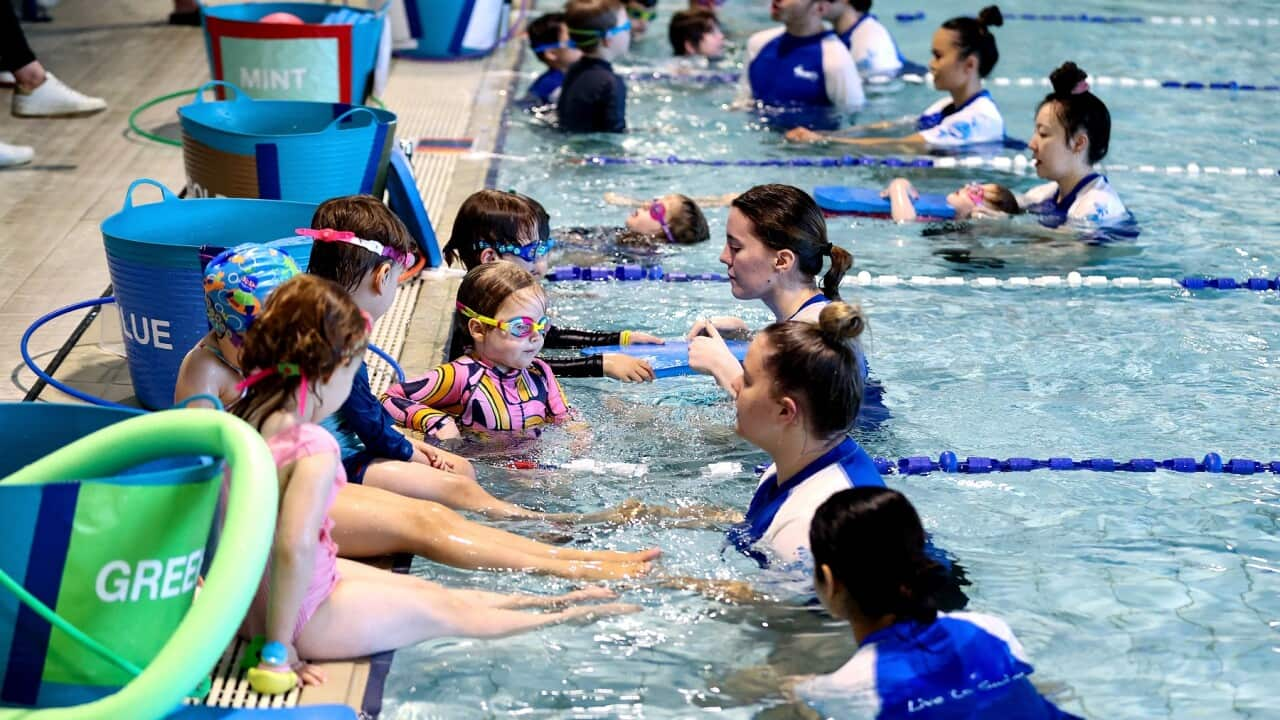When Mark Stephenson was diagnosed with Young Onset Lewy Body Dementia a year after also being diagnosed with Parkinson disease, his 32-year career as a professional firefighter came to an abrupt end.
"That's what the doctor told me was, unfortunately, you won't be able to do your job anymore and you can't drive home. My full professional career on the fire trucks, plus training and all that stopped in an instant. Plus my love was riding motorbikes as well, so that stopped in the instance as well. So that was a bit difficult to deal with as far as your world, which was big, became very small."
Lewy Body Dementia is a brain disorder that can lead to problems with thinking, movement, behaviour and mood.
It's a progressive illness, meaning it worsens over time, and common symptoms can include visual hallucinations, memory problems, sleep disorders and declining muscle strength and mobility.
Mr Stephenson, who was in his mid-50s when he was diagnosed, says the loss of his career left him feeling directionless.
"I made endless phone calls to charities or to people who feed the homeless or to do some form of sport and was knocked back at every occasion. And that was more hard to cope with than the initial loss, I think, because then it was like, okay, I can't volunteer anywhere because I'm too big a risk. And when you keep getting doors closed in your face after the first big loss, and it was like, oh, what do I do? And then I just basically gave up on trying."
When Mr Stephenson stumbled across a Facebook post from an organisation called Sporting Wheelies encouraging people with disability to get involved in sport, he initially feared he'd once again be rejected.
With a gentle push from his wife, he decided to give wheelchair cricket a try.
"So, I went down and tried with cricket and yeah, it was very, after having so much rejection, it was very weird to walk into a place. It was very accepting. And then to look around and realise that there was people with all different abilities and disabilities. They were all there playing sport. And once you hopped in the chair, no one really saw the chair. You were just people playing sport."
More than 1 in 5 Australians have disability - which accounts for around 5.5 million people.
Sporting Wheelies Chief Operating Officer, Dane Cross says only a relatively small number of people with disability currently play sport, despite most having an interest in becoming involved.
"25 per cent of people with disability currently participate in sports, so one in four. But what we also know is three in four or 75 per cent want to participate, but so there's a gap there in I guess the sporting environment is that people want to play but currently face barriers and are unable to play."
He says the cost of adaptive equipment like wheelchairs and other supports can be prohibitive, and many clubs and community sports organisations aren't well equipped to make sports accessible.
"What we do know is that there aren't currently enough opportunities for people with disability to be participating in sport. Currently, the sporting environment is not entirely inclusive and so mainstream sports are not that suitable for all people."
According the Mr Cross it's not just physical barriers that dissuade people with disability from becoming involved in sports.
"There's actually a gap in the attitudes and the stereotypes that exist in the space where people with disability aren't necessarily seen as athletes. And so attitudes, community attitudes, community sports club attitudes are required to change, to adapt, to enable more people to participate."
Sport4All is another organisation working to shift public perception around disability and sport, and facilitate more inclusive environments.
The organisation works with community sport clubs and schools to provide support, training and practical tools to make sport more welcoming.
Sport4All National Manager Carl Partridge says a significant part of his organisation's work is tackling a lack of understanding around the many forms disability can take.
"You've got to remember that only a relatively small proportion of people have a disability that you can see. But it comes into things like financial limitations, community attitudes, many programs are designed, aren't really designed with inclusion in minds so people are unintentionally excluded."
Mr Partridge says more programs are needed to bridge the gap that currently exists between people with disability who want to participate in sport, and those who are currently involved in sports.
He says through making sports more welcoming, programs like Sport4All and Sporting Wheelies are showing just how diverse the benefits of sport can be.
"Well, I think the benefits are so much more than just the physical health benefits. I think people think about sports physically, but for people with disability, there's other layers to as well. It's a gateway to social connection. It builds confidence, independence, but it also builds that massive sense of belonging."
A 2019 study by Paralympics Australia found one in four people with disability identify social interaction as one of the top two benefits of getting involved in sport.
This is true for Mr Stephenson, who is now involved in cricket, AFL and basketball through Sporting Wheelies.
He says through sport, he's rediscovered a sense of purpose, belonging, and community."You find that new social network. I think that's really important for mental health as well. Having that community there. It's reason to keep engaged in living, which is good. Everyone says I'm happy, so that's good."













